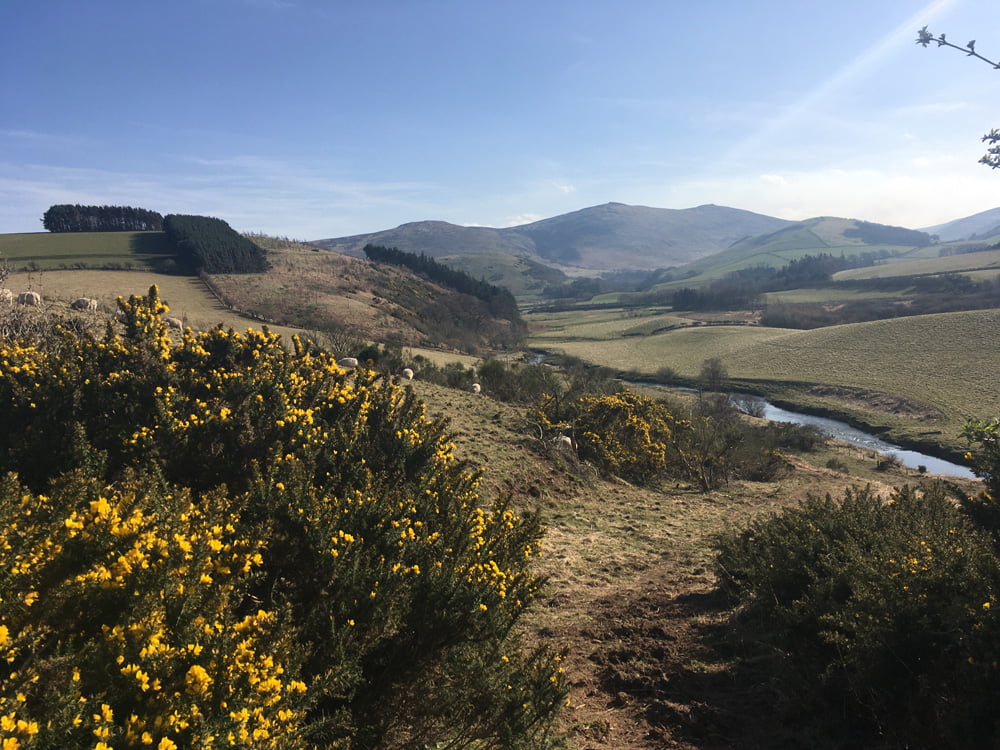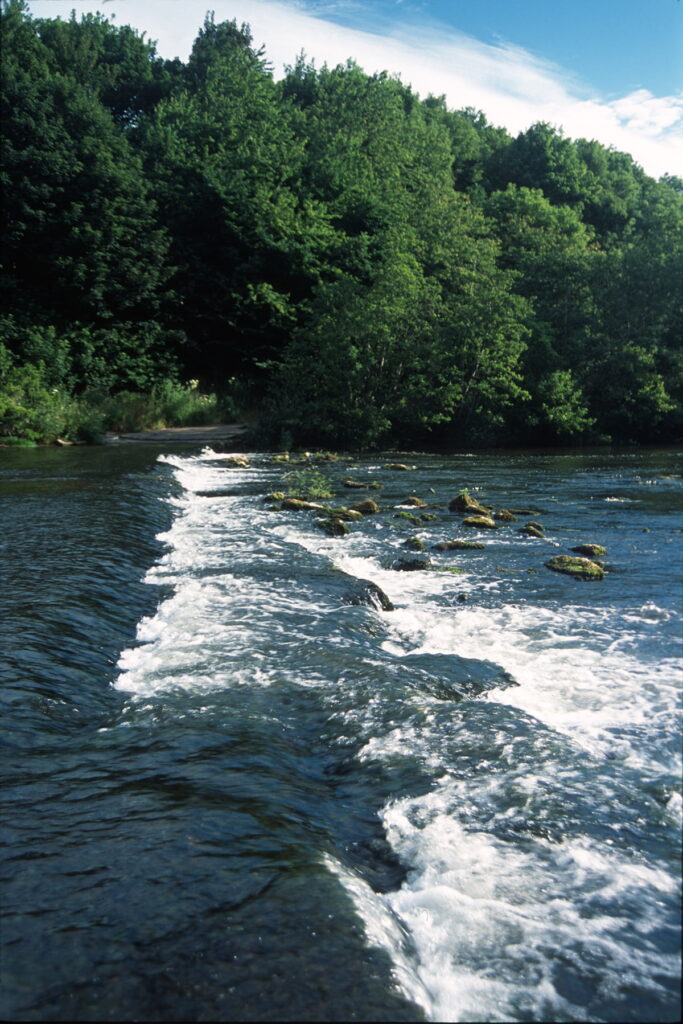
The Estates have two specific Sites of Special Scientific Interest:
Like all landowners and land managers, Ford & Etal Estates have a duty to keep vermin under control. Particular attention must be paid to controlling species that are non-native (such as Grey Squirrels, Signal Crayfish and Himalayan Balsam) or which can damage agricultural crops, such as Rabbits and Woodpigeons. Carrion Crows are also actively controlled.
Ford & Etal welcomes many visitors from across the UK and Europe in the winter months to shoot game, in particular pheasant and deer.
The river is a major feature of Ford & Etal and much conservation work is needed to preserve and enhance its environment for the benefit of fish stocks, otters and other river life. The River Till has been designated as a Site of Special Scientific Interest (SSSI).
To counteract the effects of erosion and help stabilise the riverbank, willow sapling are planted on more vulnerable areas and stone ‘croys’ are constructed in strategic places to establish a better environment for river life. These help to create deeper pools and faster flowing waters which flush silt from the riverbed making a better breeding area for the minute creatures that the fish feed on.
The Grounds Department are responsible for looking after the appearance of the villages, and the private gardens of Ford Castle and Etal Manor. Their duties include tending the formal gardens, trimming hedges, controlling weeds and mowing the large area of grass and verges, keeping the estate looking at its best.
To help with expertise and management of these special sites around the estates, partnerships and associations have been formed with both Natural England and the Northumberland Wildlife Trust.
Natural England
The Northumberland Wildlife Trust
Save our squirrels

switch website